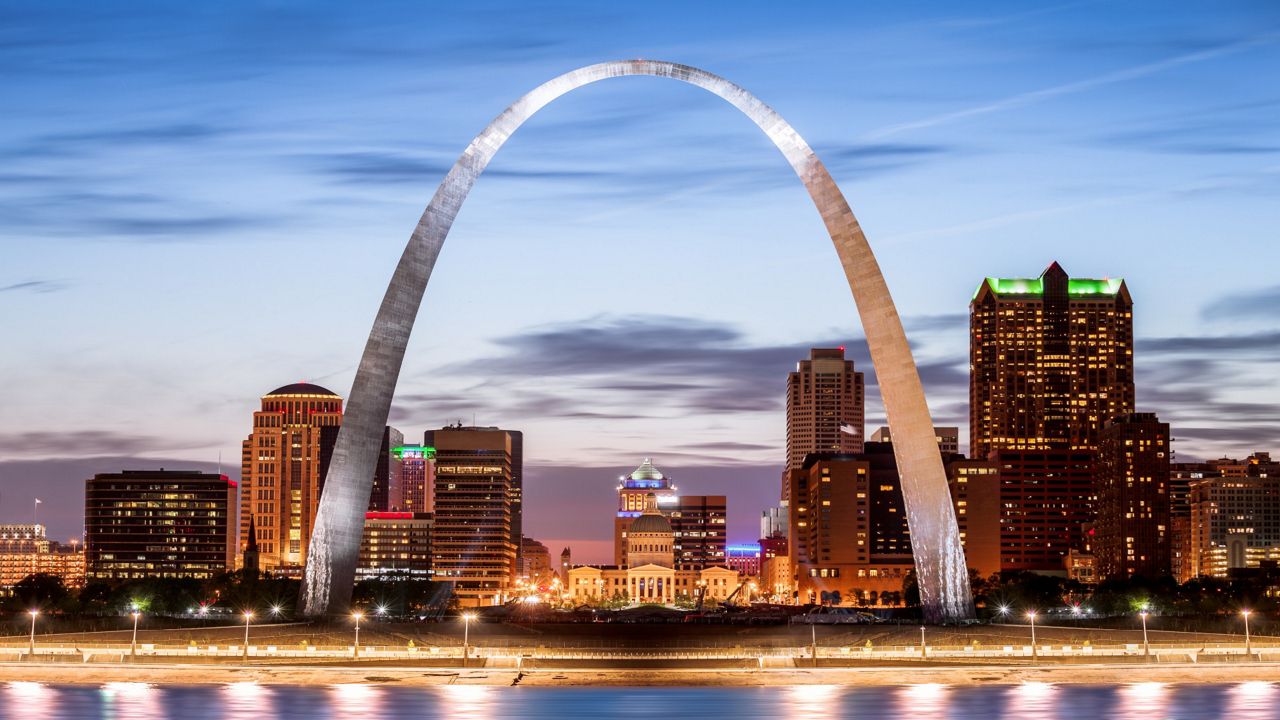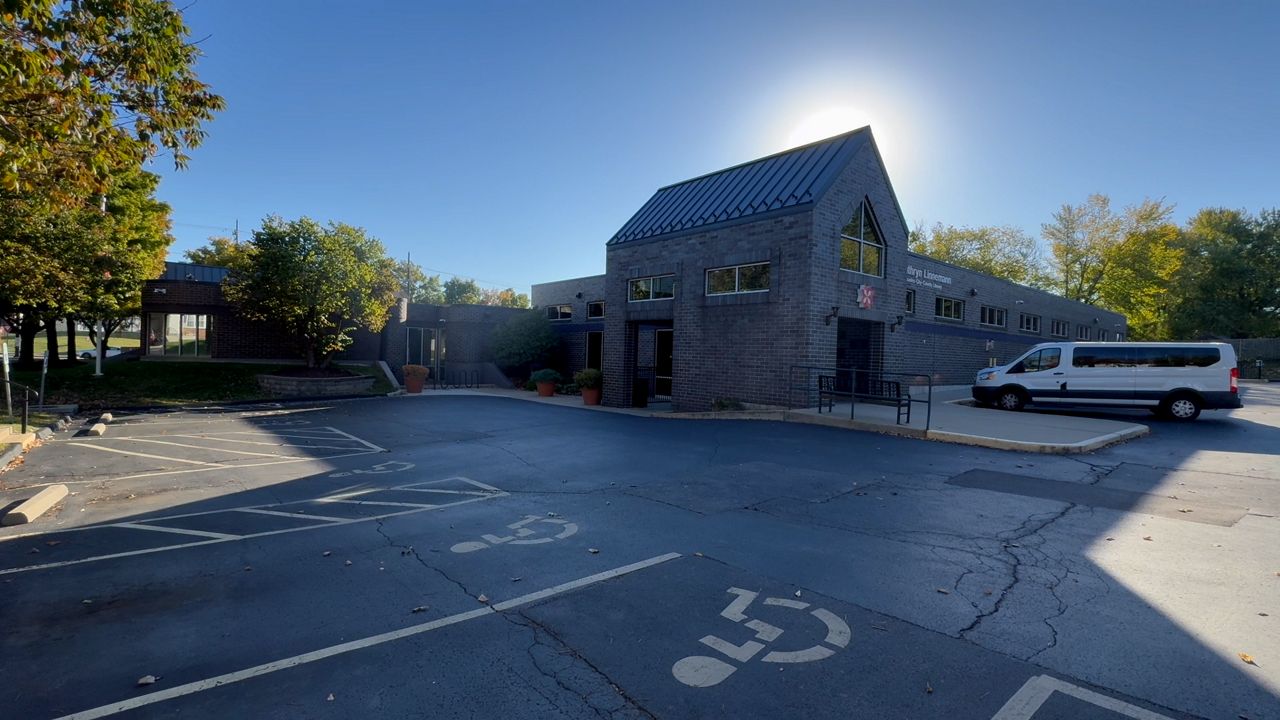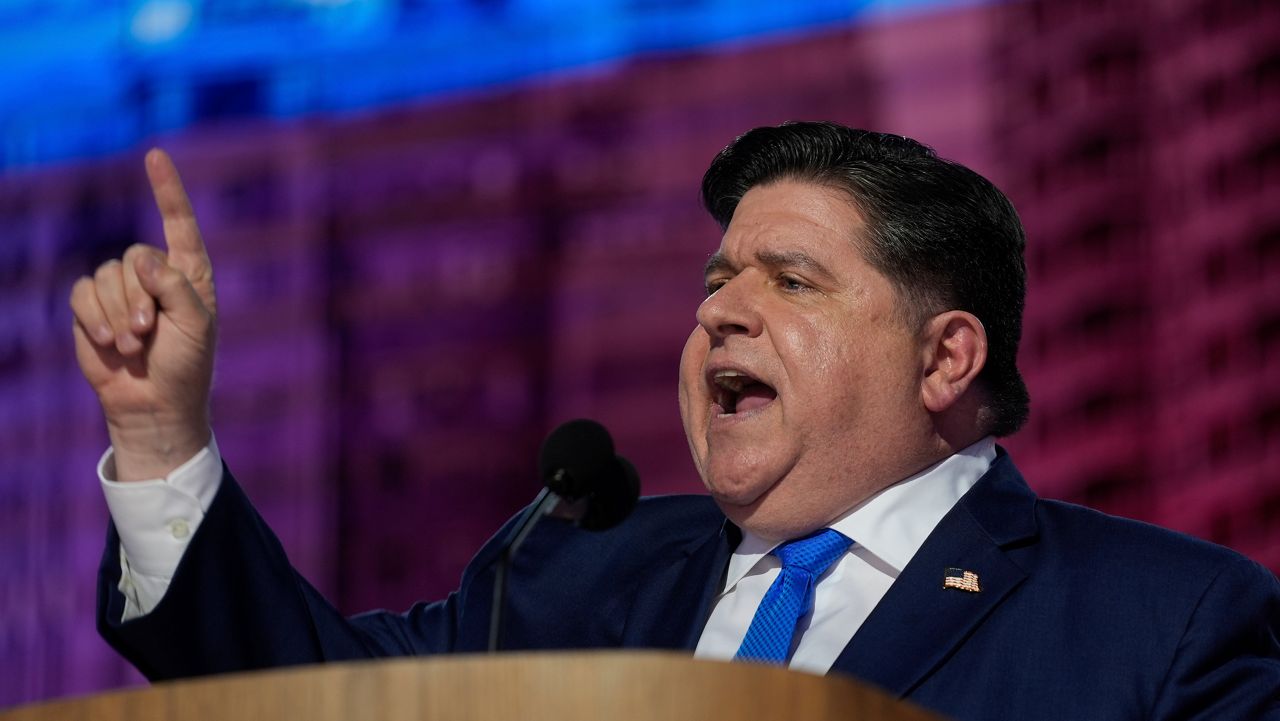ST. LOUIS–This week, Missouri Gov. Mike Parson visited the St. Louis headquarters of TUMS, the company which traces its roots to Parson’s hometown of Bolivar, Mo., to tour the antacid tablet manufacturer and hear about the company’s challenges.
Raul Ufor, the company’s St. Louis site Director, said some of them are inherent with a site that’s been in use since 1905. The facility, which this year and next will have a total of $28 million invested in it, is running at 100 % capacity. On game days for the neighboring St. Louis Cardinals across the street at Busch Stadium, the company can’t run its trucks. Like many employers, there are workforce challenges. Ufor also mentioned crime, where his own employees have been victims, along with nearby shootings in the area.
The debrief came just days after Greater St. Louis Inc., a collection of business and civic leaders, called for a “transformative” investment in downtown infrastructure and public safety by the city.
“This is the reality I'm facing everyday which is why our members in the business community said we need a catalytic investment to move downtown to the next level. You see great employers, but the challenges they're talking to us about have been pretty constant. Gun violence, drag racing, other things,” Jason Hall, CEO of Greater St. Louis Inc. told Spectrum News after the TUMS visit. “We've got to show that it matters to keep private sector investment here. We're at a tipping point.”
Greater St. Louis Inc. released a study that shows Downtown creates 20% of the city’s general revenue fund but only sees 5% of city spending. The group wants more security cameras installed that would connect to the police department's Real Time Crime Center, upgraded street lighting and traffic-calming measures, among other proposals.
“Our office will review the report's recommendations. Mayor Jones is committed to making Downtown a better place for residents and visitors alike and was happy to see record-setting attendance at Busch Stadium this weekend. We continue to coordinate community, business, and public resources through the Downtown Engagement and Public Safety Initiative, take action against problem properties and deploy officers on 12-hour weekend shifts. The Public Safety Department also extended the pause on Downtown scooter operations following community input,” Nick Dunne, a spokesperson for Mayor Tishaura Jones said in an email to Spectrum News.
The push from Greater St. Louis comes at the same time the Missouri Chamber of Commerce and Industry has put its weight behind making legislative changes at the state level to address crime’s impact on business.
“Crime is hurting Missouri’s economy. It’s impacting businesses large and small in communities of all sizes. It’s hurting our ability to attract business investment. In some cases, crime is driving jobs out of the state,” Daniel P. Mehan, president and CEO of the Missouri Chamber of Commerce and Industry said in June visits to St. Louis and Kansas City. “Businesses are united. This is a crisis that must be addressed now. We know that many problems need to be handled locally, but statewide policy must be deployed as well.”
Among the Chamber’s recommendations:
Hiring more officers, studying pay
Hot spot policing
Increased funding for technology to support policing
Addressing substance abuse and mental health
Reducing recidivism
Possible changes to Second Amendment Preservation Act
Law enforcement agencies in Missouri have said the Second Amendment Preservation Act, or SAPA, has had a “chilling” effect on authorities here who have pulled out of partnerships and data sharing arrangements with federal agencies rather than risk civil lawsuits where officers could be found liable for enforcing federal gun laws. The law is being challenged at the circuit and federal court level.
Gov. Parson’s office did not respond to follow-up requests this week for updates on support for potential legislation. He did not take questions on the subject during his visit to TUMS, but told employees, “We have to deal with some of the issues on that board, we got to deal with ‘em, but the reality is there’s so much more positive going on up here, it’s a good day.”
“We're really calling for all of those involved, representing the city in some way, all branches of government--while there's a lot of federal funds, city funds flowing through, everybody has to step up to this challenge to make sure downtown is a top priority. If downtown is not strong, the long term fiscal health of the city is in play, so we've got to make this investment,” Hall said.









